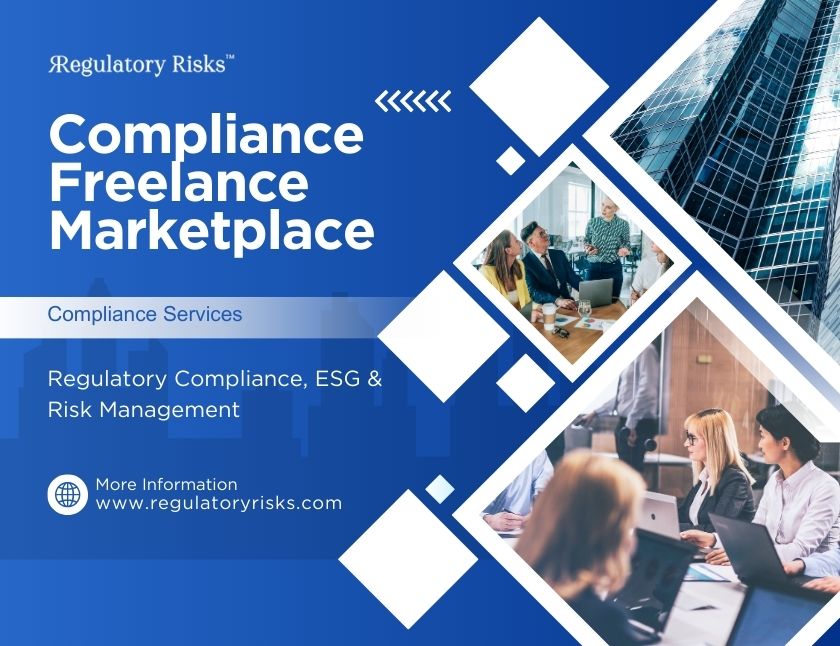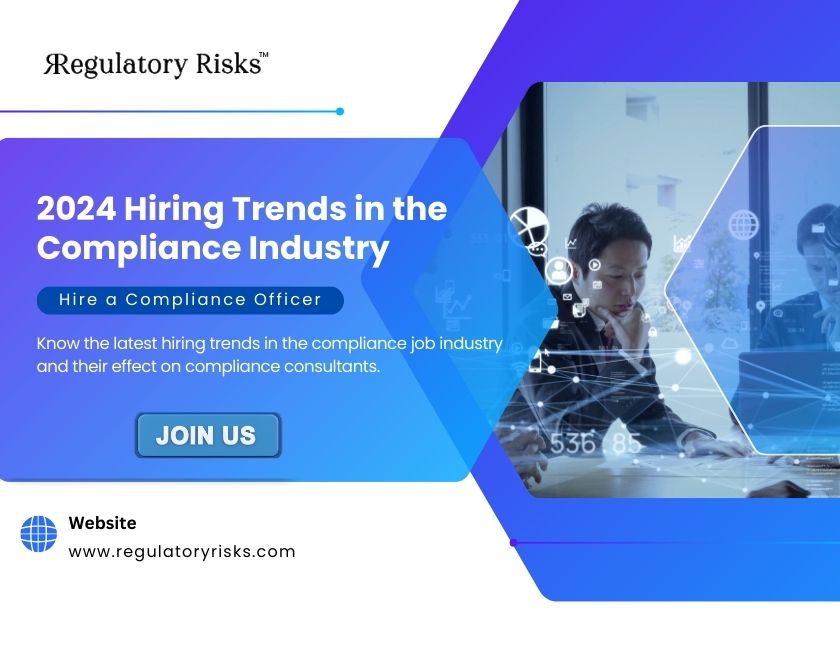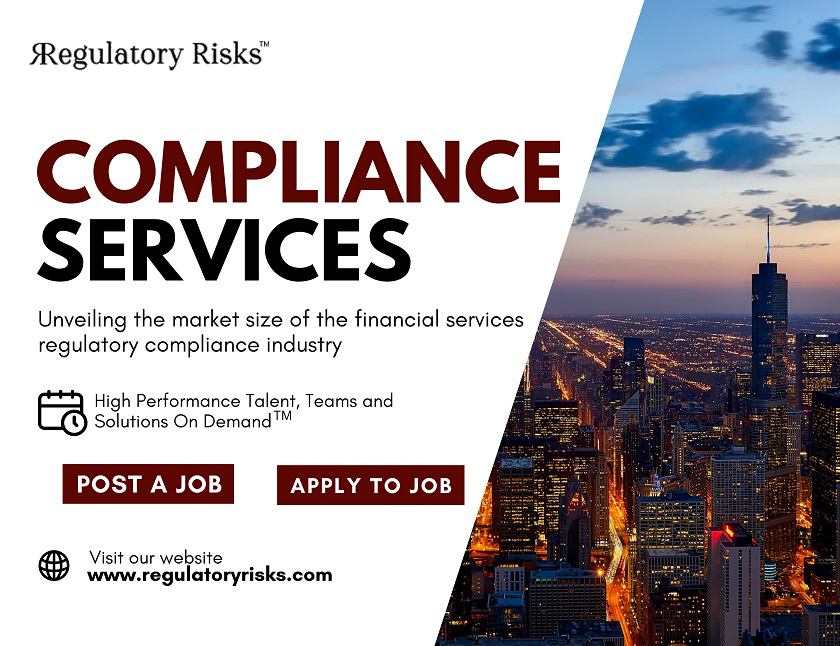Environmental, Social, and Governance (ESG) considerations are no longer optional for businesses aiming for long-term growth and compliance. In 2025, ESG has cemented itself as a driving force across industries such as financial services, crypto, casinos, gaming, and technology platforms. This shift is fueled by increasing regulatory scrutiny, the growing risk of greenwashing penalties, and heightened investor and consumer expectations.
For cross-border small and medium-sized businesses (SMBs), navigating this complex landscape requires expertise. Robust ESG Consulting Services, provided by the Best ESG Consulting Firms, are essential for meeting regulatory requirements, avoiding reputational damage, and achieving strategic advantage.
In this article, we explore the evolving ESG landscape, key enforcement trends, SMB-specific challenges, and why freelance marketplaces are reshaping the way companies access ESG expertise.
The Evolving ESG Landscape
Why ESG Now?
ESG has transitioned from a "nice-to-have" to a critical business imperative. Institutional investors, consumers, employees, and regulators are demanding responsible corporate citizenship. Key drivers include:
Financial Services: Asset managers integrate ESG factors into portfolio strategies to manage risk and align with investor priorities.
Crypto & Digital Assets: Efforts to minimize environmental footprints are addressing concerns over carbon-intensive mining practices.
Casinos & Gaming: Operators face scrutiny for responsible gambling and ethical governance practices.
Technology Platforms: Issues like data privacy, ethical AI, and labor sourcing are central to ESG commitments.
With these demands, ESG Consulting Services are helping companies design and execute effective ESG strategies. Engaging the Best ESG Consulting Firms ensures alignment with sustainability goals and shields businesses from regulatory and reputational risks.
The Regulatory Tidal Wave
Global regulators are stepping up enforcement. From the U.S. SEC’s climate disclosure rules to the EU’s Sustainable Finance Disclosure Regulation (SFDR), oversight has intensified. Greenwashing, in particular, is under the microscope, with regulators imposing hefty penalties on companies for unsubstantiated ESG claims.
SMBs are not exempt from these challenges. Partnering with ESG Consulting Services allows businesses to stay ahead of evolving standards and build resilient, compliant ESG programs.
Greenwashing Enforcement: What You Need to Know
Understanding Greenwashing
Greenwashing refers to overstating or misrepresenting a company’s environmental or social impact. This practice distorts investor and consumer perceptions and undermines genuine sustainability efforts.
Examples include:
- Financial products marketed as "green" without verified metrics.
- Technology platforms claiming carbon neutrality without evidence.
- Casinos misrepresenting responsible gambling initiatives.
High-Profile Cases
Recent enforcement actions emphasize the importance of professional ESG guidance.
The SEC fined asset managers millions for marketing ESG funds without proper documentation.
The European Commission cracked down on misleading eco-labels in consumer products.
Casinos faced penalties for unverifiable claims about gambling responsibility.
How ESG Consulting Services Help
The Best ESG Consulting Firms offer solutions to avoid greenwashing, including:
- Transparent reporting frameworks.
- Data-driven materiality assessments.
- Monitoring regulatory changes to ensure compliance.
ESG Compliance for SMBs: Challenges and Solutions
Regulatory Pressures on SMBs
While large corporations dominate headlines, SMBs face the same regulatory expectations, especially when operating across borders. For example:
- Small asset managers must meet ESG disclosure rules on par with industry giants.
- Crypto startups are scrutinized for environmental impacts and token issuance practices.
- Technology platforms must align with data privacy laws and ethical labor sourcing requirements.
ESG Consulting Services help SMBs navigate these pressures by providing cost-effective, tailored strategies.
Mandatory vs. Voluntary Disclosures
Mandatory ESG disclosures are growing under frameworks like the EU SFDR and the SEC’s proposed climate rules. Voluntary reporting, while not legally required, has become a de facto expectation.
To comply, businesses must conduct carbon footprint analyses, develop DEI policies, and publish sustainability reports. ESG Consulting Services ensure SMBs interpret and implement standards like the Global Reporting Initiative (GRI) and Sustainability Accounting Standards Board (SASB) effectively.
Building a Robust ESG Program
Materiality Assessments
A materiality assessment identifies the ESG issues most relevant to a business and its stakeholders. For example:
- Financial services focus on climate risk and community relations.
- Casinos prioritize anti-money laundering and responsible gambling.
- Technology platforms emphasize data security and supply chain diversity.
The Best ESG Consulting Firms guide SMBs through this process, using proven methodologies to maximize impact.
Governance Structures
Effective governance is critical for ESG success. This includes:
- Establishing board-level committees and cross-functional task forces.
- Embedding ESG principles into codes of conduct and employee training.
- Setting performance metrics to track progress.
ESG Consulting Services help SMBs build governance frameworks that anticipate regulatory changes and foster a culture of accountability.
Data Collection & Reporting
Accurate, transparent data is essential for ESG compliance. Metrics should cover environmental (e.g., carbon emissions) and social (e.g., employee well-being) aspects.
Leading ESG Consulting Firms offer tools for:
- Streamlined data collection.
- Credible reporting aligned with regulatory standards.
- Identifying improvement areas through advanced analytics.
Continuous Improvement
ESG is an ongoing effort. Continuous monitoring, stakeholder feedback, and third-party validations strengthen credibility and adaptability. Many SMBs maintain long-term partnerships with ESG Consulting Services for agility and resilience.
The Role of Freelance Marketplaces in ESG
Accessing Niche Expertise
Freelance marketplaces provide SMBs with flexible access to ESG specialists. From carbon accounting to diversity initiatives, these experts deliver targeted solutions without the cost of full-time staff.
Collaboration with ESG Consulting Firms
Top ESG firms increasingly collaborate with freelance networks to enhance their services, offering SMBs the best of both worlds: institutional expertise and niche talent.
Speed and Agility
Freelancers enable rapid responses to regulatory changes, such as revising climate risk disclosures or refining governance policies.
Future Trends in ESG
Stricter Reporting and Verification
Enhanced enforcement tools, including AI-driven investigations, will scrutinize every ESG claim. SMBs must build strong ESG foundations now to avoid future penalties.
Technology Integration
Innovative tools like IoT sensors and blockchain will revolutionize ESG data collection and transparency. The Best ESG Consulting Firms already leverage these technologies to streamline compliance.
Stakeholder Engagement
Effective ESG strategies engage investors, employees, customers, and communities. Transparent communication builds trust and loyalty, enhancing brand value.
Conclusion: Thrive with ESG Consulting Services
In 2025, ESG isn't just about compliance—it’s about staying competitive. Whether you’re a startup, a mid-sized firm, or a multinational corporation, embracing ESG principles is essential for growth. Partnering with the Best ESG Consulting Firms ensures your business remains compliant, credible, and ready for the future.
For SMBs, leveraging freelance marketplaces offers cost-effective access to ESG expertise, empowering them to build scalable, impactful programs. Now is the time to act—because sustainability isn’t just good ethics; it’s good business.




